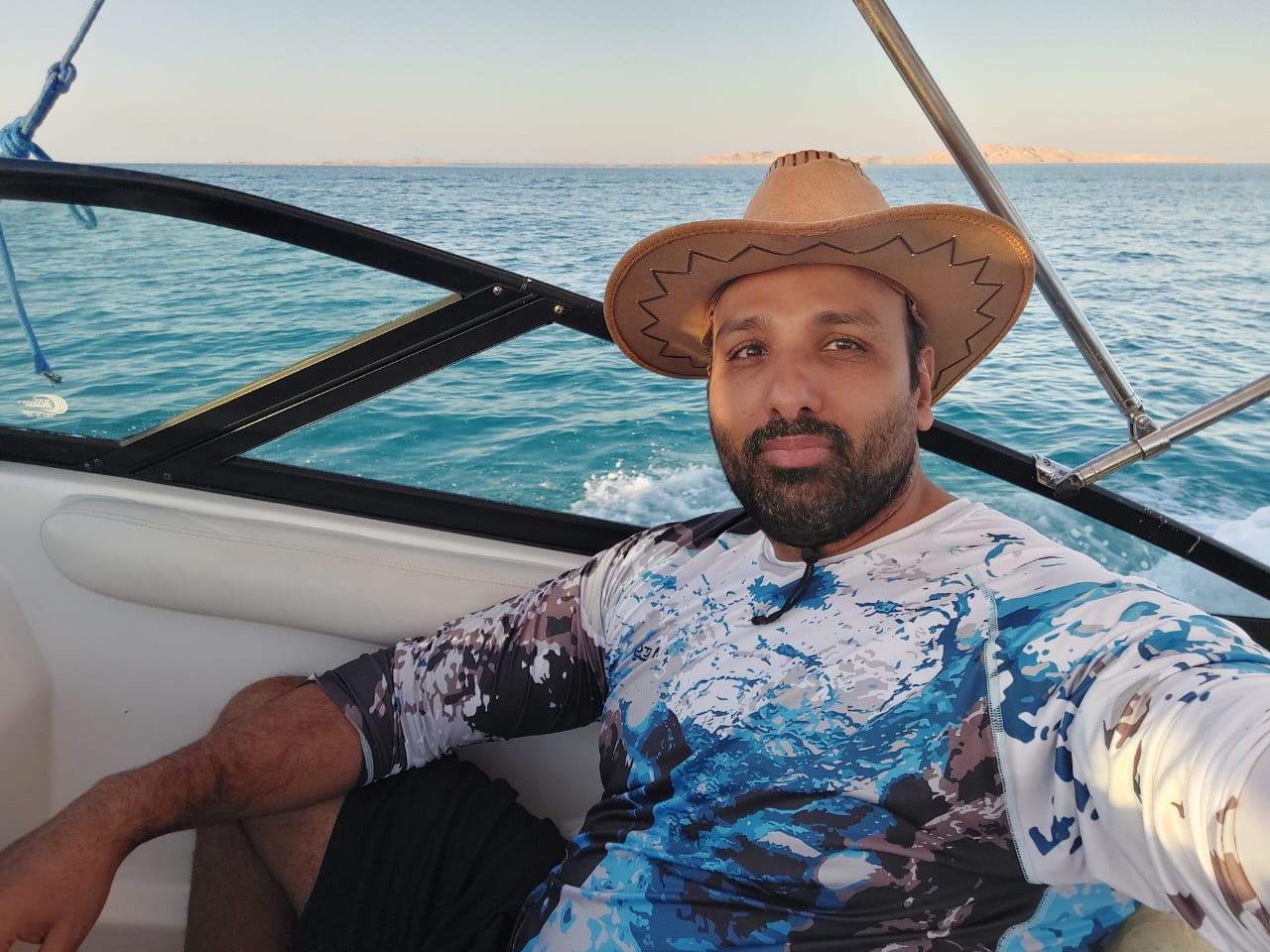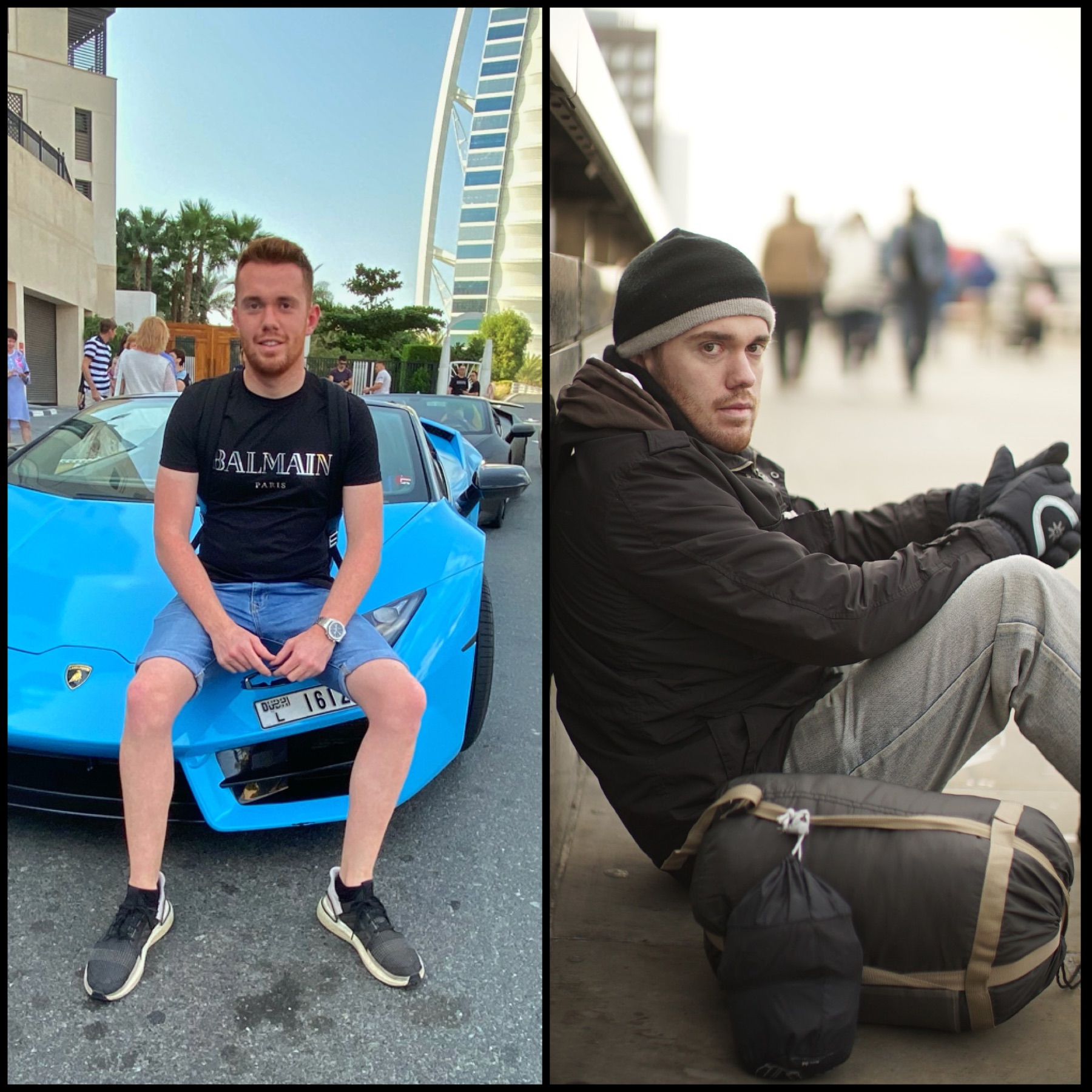Expert Interview Coach Siew Ling Hwang Shares Her Advice for Helping Kids Break Out of Their Shells
As one of the top interview coaches, Siew Ling Hwang is highly experienced when it comes to building the confidence of her clients. She specializes in DSA (Direct Schools Admission) interviews that help young kids get into secondary school. This process is extremely important for encouraging children to develop their speaking and communication skills. Her advice has transformed the lives of countless kids and she continues to build her reputation as one of the top interview coaches to see.
Hi Siew Ling, thank you for your time. It is a real pleasure to be able to interview you. So first and foremost, perhaps you could tell us a little more about how you became a DSA (Direct Schools Admission) Interview Coach in Singapore?
Thank you, the pleasure is all mine. I started out as an Interview Coach for executives, providing coaching to adults who are looking to improve their interview skills for their job search. One day, I was invited by a school to coach their high achievers – these are the potential scholars, in the area of interview skills. I enjoyed the session very much, and I walked away from the session feeling good, with a great sense of accomplishment. While it is definitely a very rewarding experience coaching adults as well, it is great to be able to help a student so early in their career journey, and since then, I have extended my interview skills coaching to include not just graduates and executives, but also students who may be preparing for their DSA interviews at 12 years old, those who are preparing for DSA-JC and EAE interviews, MMI interviews as well as university entrance interviews.
What would you say is the greatest challenge for you as an interview coach to children who are so young – who are only 12 years of age?
I think there are 3 key challenges. One is to understand each and every child. Everyone has a different personality type, a different level of comfort with communicating, a different style in expressing themselves. In order to coach well, I need to be able to understand them from their perspective, so that I can bring out the best in them. Two is to encourage them to dig deep and discover themselves, to show them how self-awareness is very important – not just for interview skills really, but for their overall emotional intelligence. With self-awareness comes genuine, sincere responses that showcase themselves best and are much more memorable than generic answers. And the third challenge would be for me to adapt communication and answering techniques to that particular child, so that they find it natural to say what they wish to say and to be able to express themselves in the best possible way.
Some parents may be concerned that their children are too introverted or shy to perform well in a DSA Interview. What are your thoughts here?
I think first and foremost, let me share with you that we have had shy and quiet children successfully attain entry into secondary school via DSA, which means that they performed well during their interviews. So being introverted does not necessarily mean that they are unable to communicate well. Many a times, it is about understanding their personality, their preferences and fears, so that we can help them express themselves better and to teach them how to adapt their style to the situation. Many children may not be shy across all topics, but are only shy talking about selective topics. Part of coaching is to discover where they shine and then to encourage them to extend their communication skills to areas which they are less comfortable with.
What would you say is the key challenge for the young students?
The key challenge would be having self-confidence. This plays an enormous part in how well they perform. Other than having the technical skill sets of being able to speak well, their inner strength of having confidence is critical. Confidence can be built in a few ways. One is to reduce the unknown. The DSA Interview is very likely their very first interview in their lives and they have no idea what to expect. So, it is only natural that there is some anxiety about it. Helping them understand what to expect during the interview helps to alleviate some of this anxiety. Confidence also comes with practice – the more they practice, the better they feel about their communication abilities. And I think another aspect that is important for their confidence levels is a positive mindset. This is where parents and caregivers play a very important role. At the end of the day, we need to remember that the child will face many more interviews, arguably more and more important interviews as they progress on their career journey. Empowering them to approach the DSA Interview as an opportunity for themselves to learn interview skills which they can apply in the future can be very powerful. It is not a sprint to the finish line, it is an opportunity to learn how to run the marathon.
I had a very talented sportsperson last year, who was aiming to secure a place in two very prestigious schools in Singapore. When she first came to me for coaching, she was quiet and very shy, resulting in answers that were hesitant, and sometimes requiring a great amount of time to think through. She was uncomfortable with talking about herself, which unfortunately is exactly what the interviews require. The day that I received the call from her parents to let me know that she successfully received offers from both the schools that she was aiming for was the high point of last year for me.
You can follow up with Siew Ling Hwang at www.discoveringpotential.com.sg and follow on Facebook @discoveringpotentialsg and on LinkedIn







